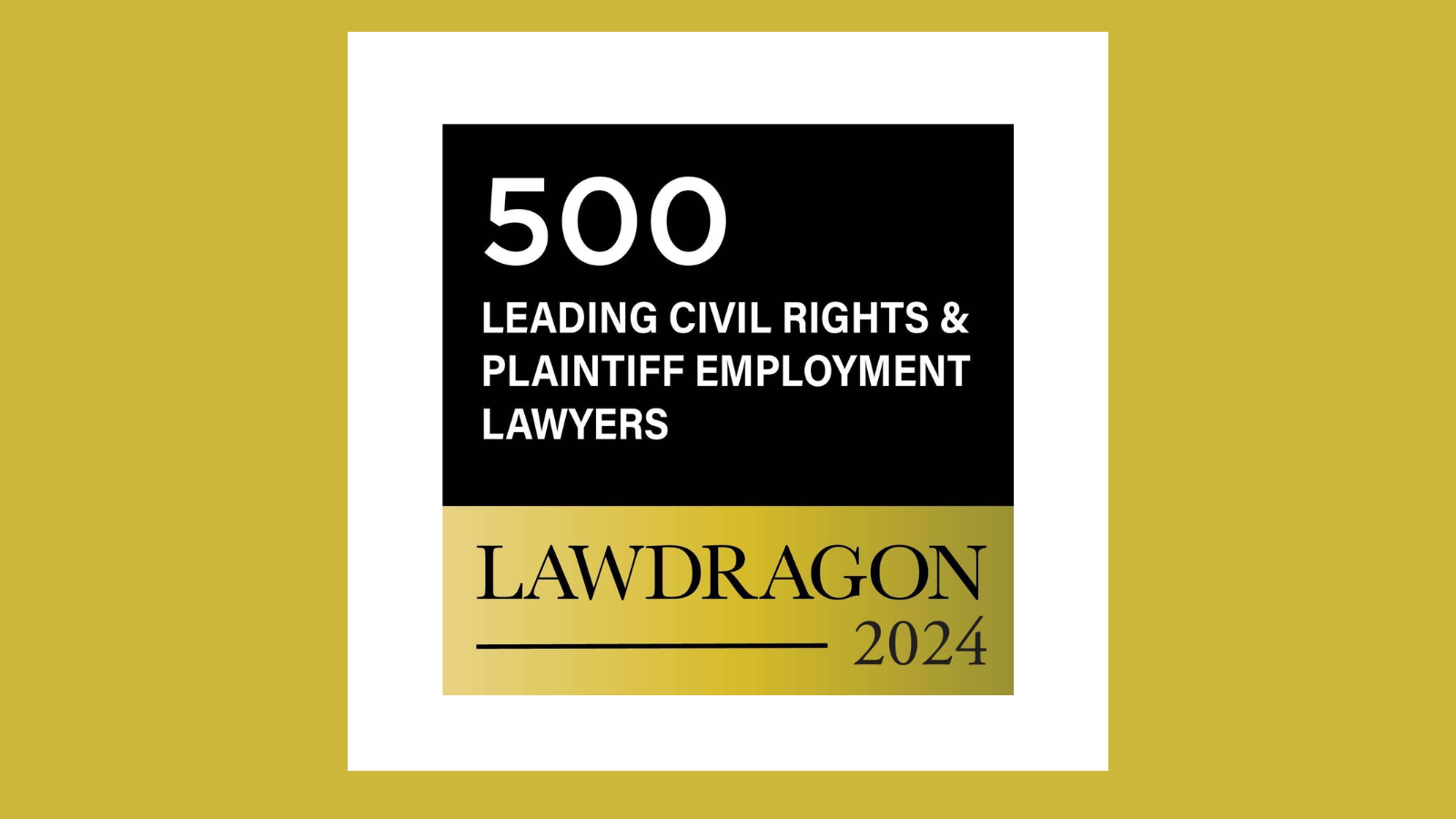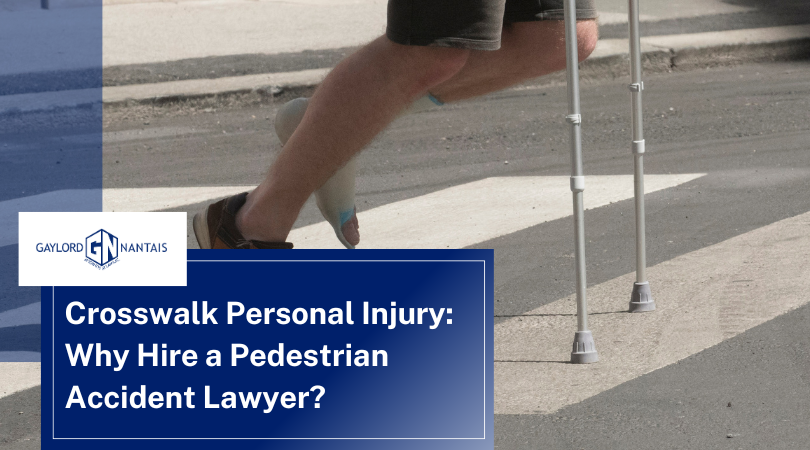Brown, Goldstein & Levy and Disability Rights Connecticut obtained a victory in an ADA lawsuit on behalf of an autistic and deaf client who failed to receive accommodations as an elected official. – Technologist
(Enfield Democratic Town Committee file)
Plaintiff Sarah Hernandez obtained a major victory in her lawsuit alleging that the Enfield Board of Education and the Town of Enfield, Connecticut, failed to provide auxiliary aids and services she needed to serve equally as an autistic and deaf elected member of the Enfield Board of Education. Ms. Hernandez is represented by partners Anthony May and Eve Hill of Brown, Goldstein & Levy and Kasey Considine and Deborah Dorfman of Disability Rights Connecticut.
Ms. Hernandez—who is one of the first openly autistic people to run for, and be elected to, public office—ran for a position on the Board because she wanted to be a voice for people with disabilities. The voters of Enfield agreed and elected her to be that voice. Ms. Hernandez was elected to the school board in 2017, running for a seat because she wanted to “show up and be a voice for people with autism in the decision-making process,” she said upon filing the suit.
After Ms. Hernandez was elected to the Board in November 2017, the Board and the Town spent two years continuously denying her requests for basic accommodations, like communicating with her in writing and requiring speakers to face her so that she could read their lips. The Board repeatedly refused to comply and met her requests with blatant hostility. The discrimination culminated in an executive session in June 2019, where the Board failed to provide Ms. Hernandez with written information and, through its attorney, formally denied her requests for accommodations.
On January 11, 2024, a federal jury sided with Ms. Hernandez, finding that the Board and the Town discriminated against Ms. Hernandez in violation of Title II of the Americans with Disabilities Act and Section 504 of the Rehabilitation Act for failing to provide Ms. Hernandez with basic accommodations she needed to equally participate as a member of the Board.
“All people deserve equity in access to serve in government and have laws, policies, and procedures created of the people, by the people, for the people,” said Ms. Hernandez. “This includes the disability community, and especially multiply marginalized intersections such as nonspeakers and people of color. Protecting the disability community is a moral imperative. Communication and accommodation rights are protected by the ADA, and it was my literal privilege to step to the line and affirm those protections.”
“At every step of the way, the Defendants have fought against Ms. Hernandez, who was simply asking to serve on the Board in the same capacity as her peers; to do the job for which she was elected,” said Anthony. “In reaching its decision, the jury sent the message that people with disabilities have the right to participate equally in government, and that they have the right to have their voices heard.”
The federal jury’s verdict can be downloaded here.
Read the Patch Connecticut’s article about the verdict.
Read WSHU Public Radio’s article about the lawsuit here.
About Brown, Goldstein & Levy
Founded in 1982, Brown, Goldstein & Levy is a law firm based in Baltimore, Maryland, with an office in Washington, D.C. The firm is nationally recognized in a wide variety of practice areas, including complex civil and commercial litigation, civil rights, health care, family law, and criminal defense. Above all else, Brown, Goldstein & Levy is a client-centered law firm that brings decades of experience and passionate, effective advocacy to your fight for justice.


